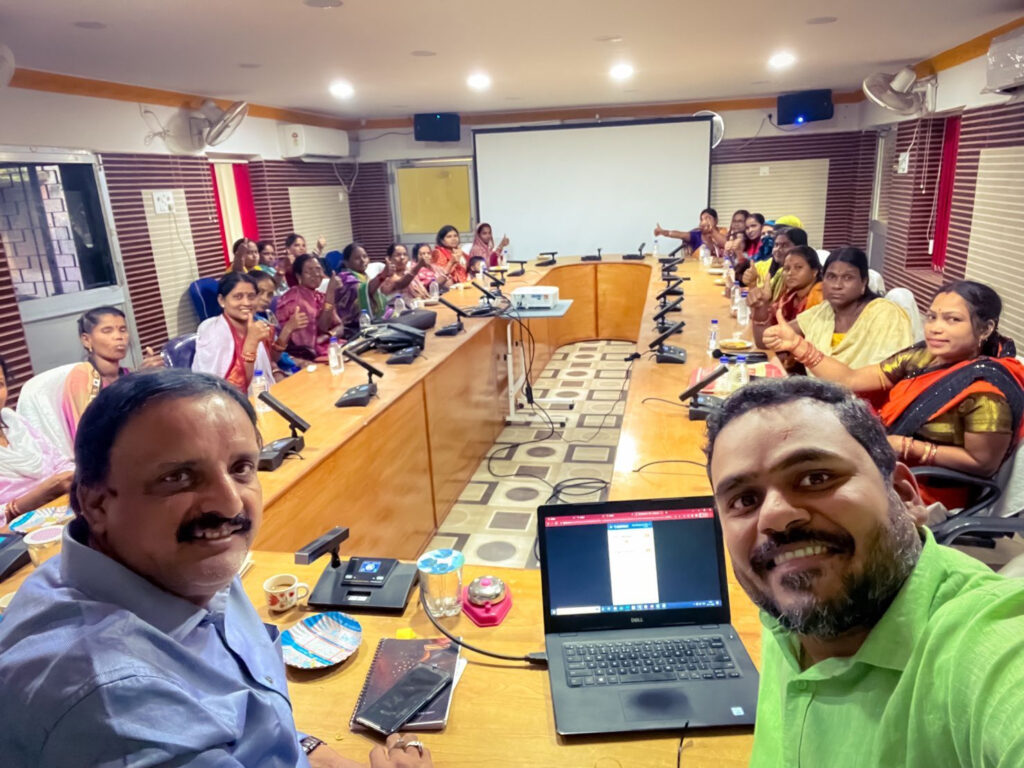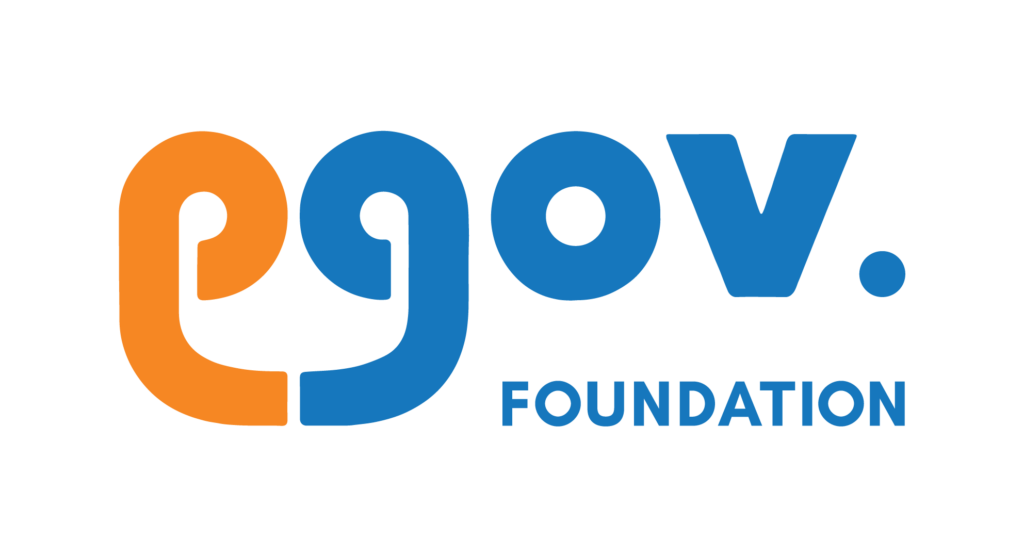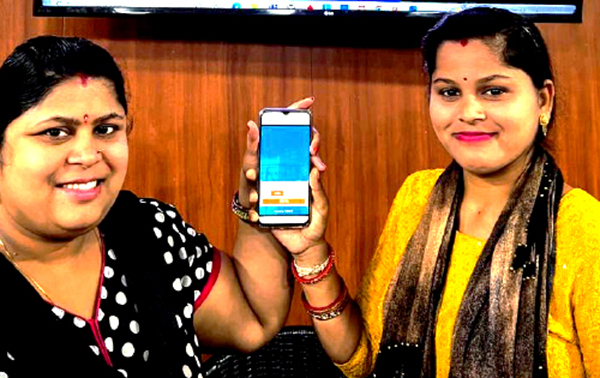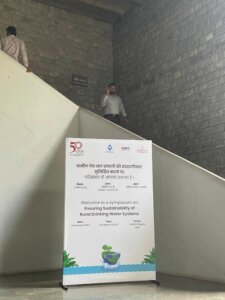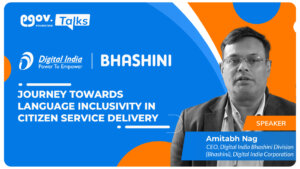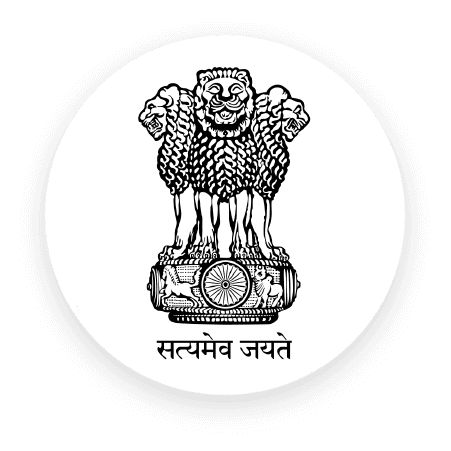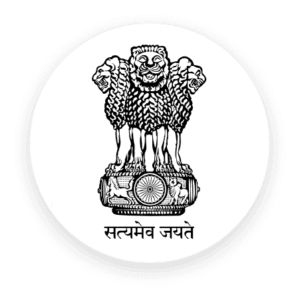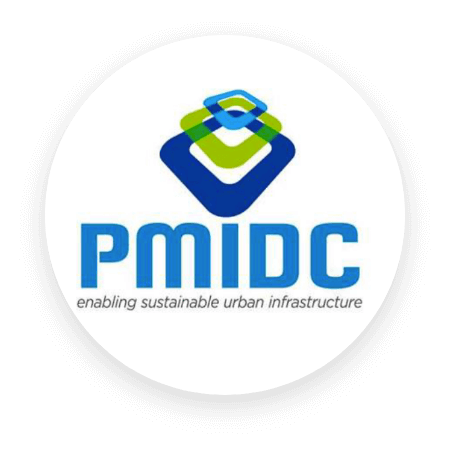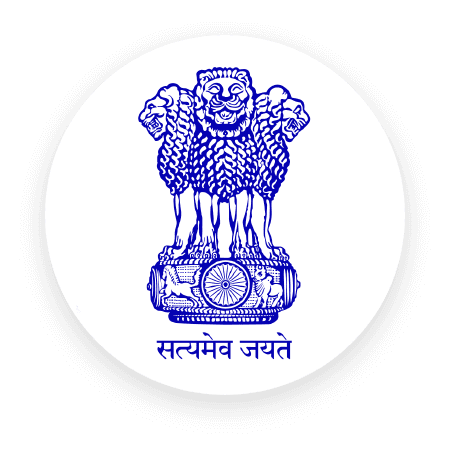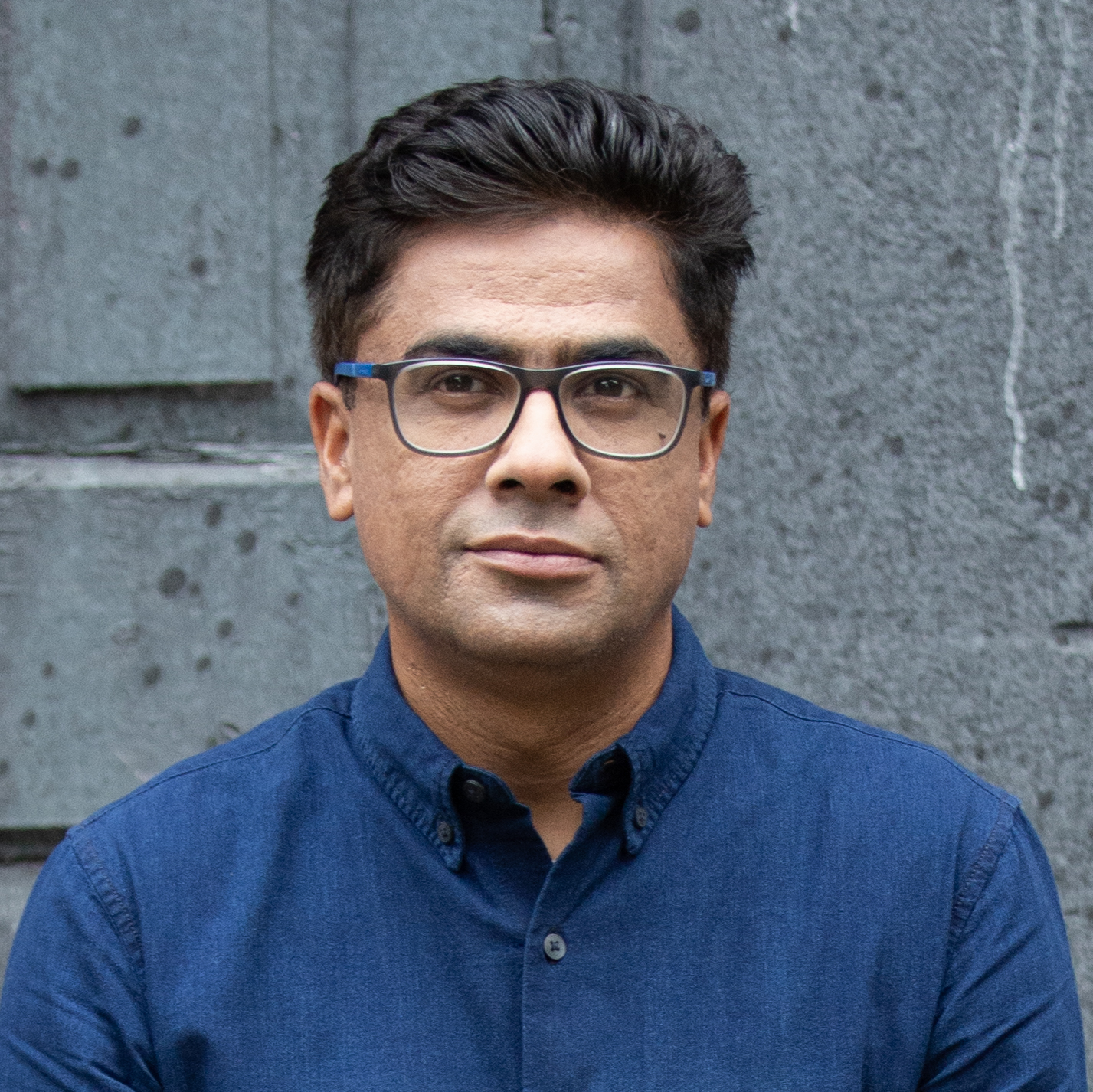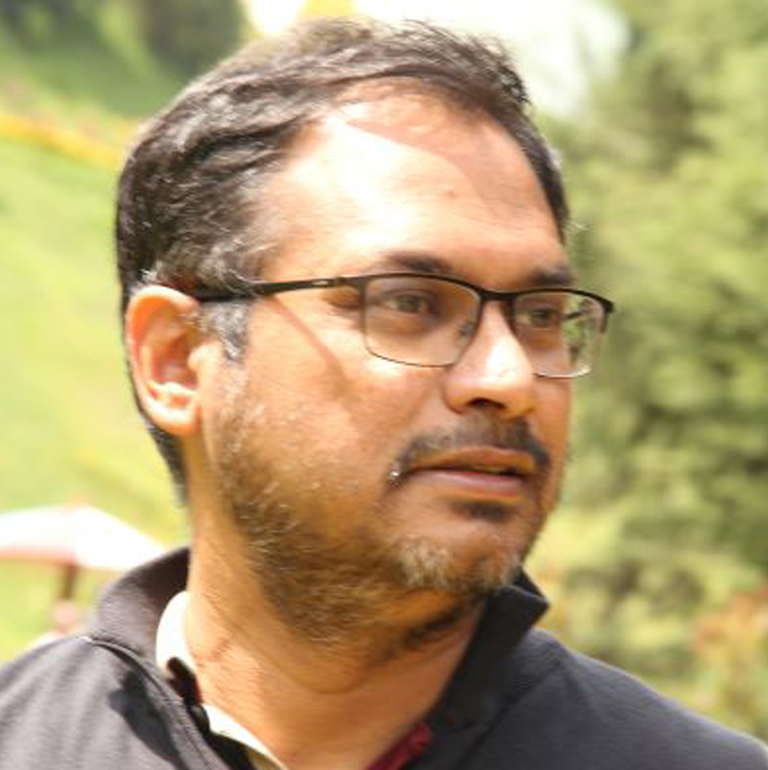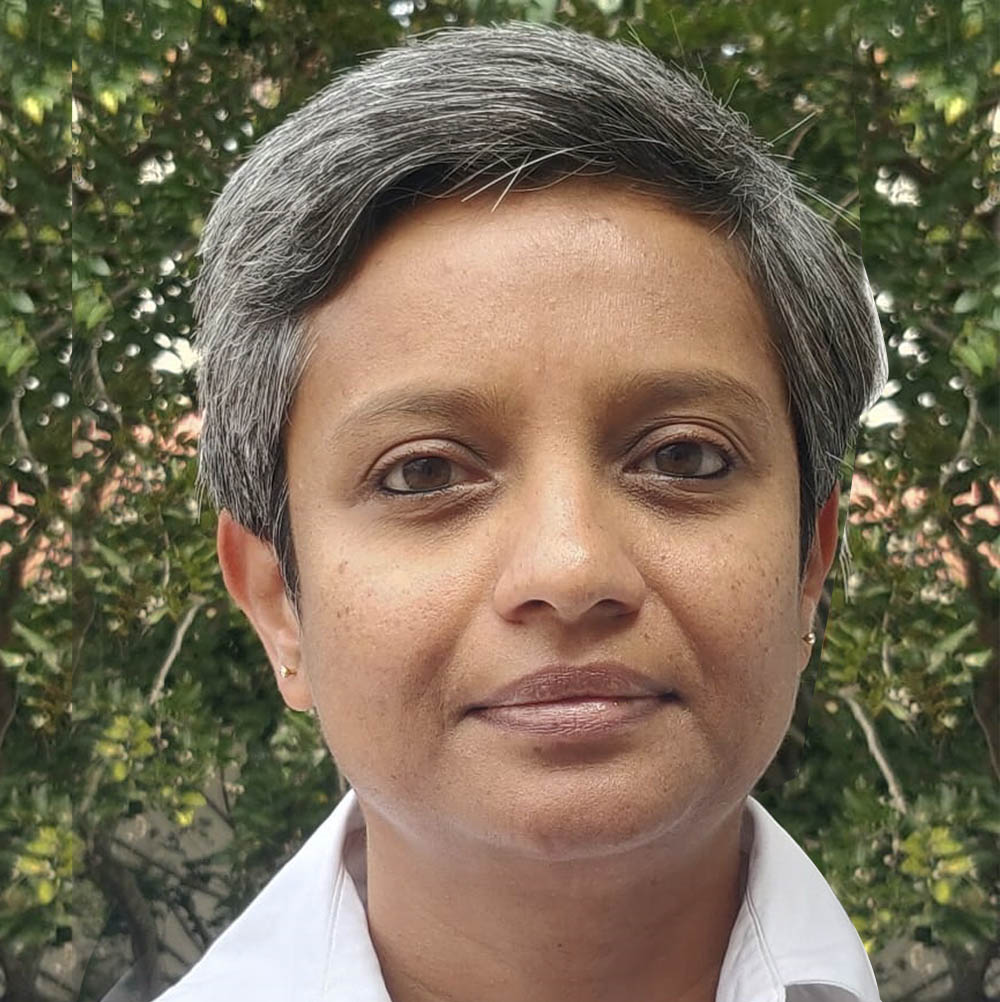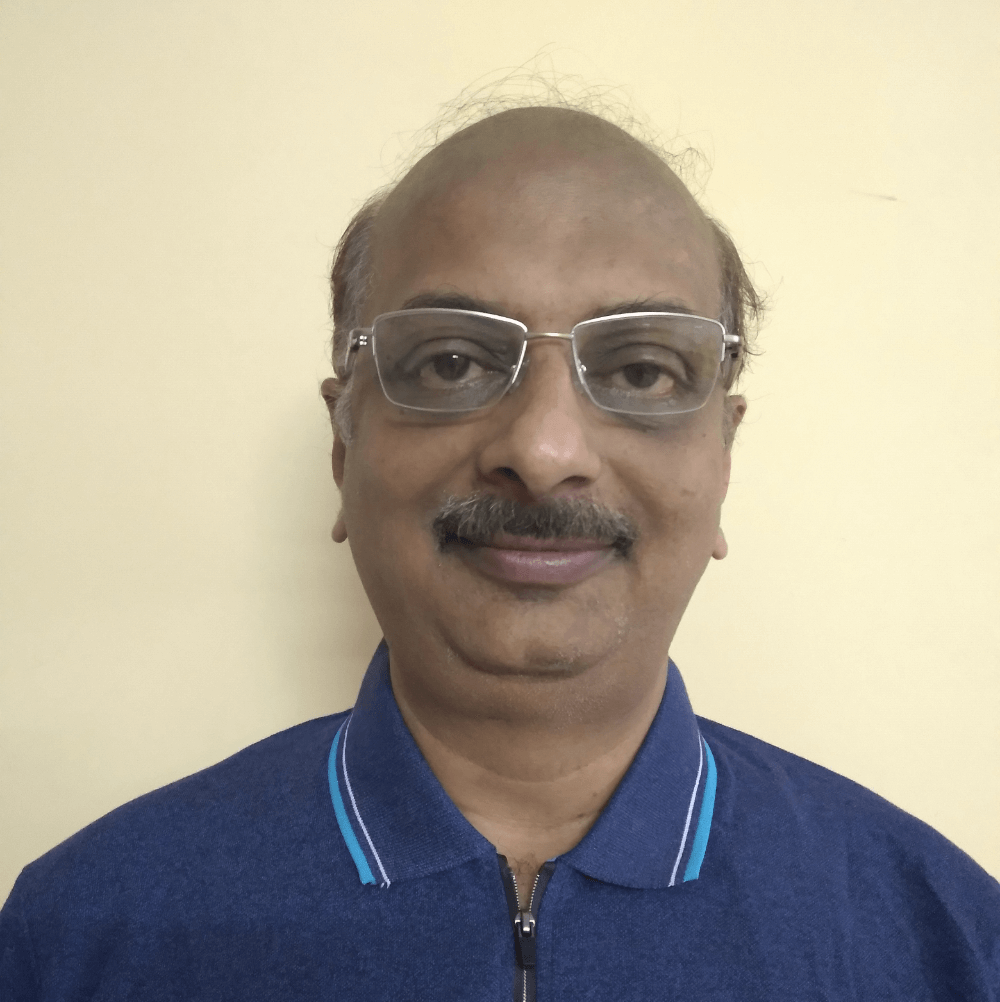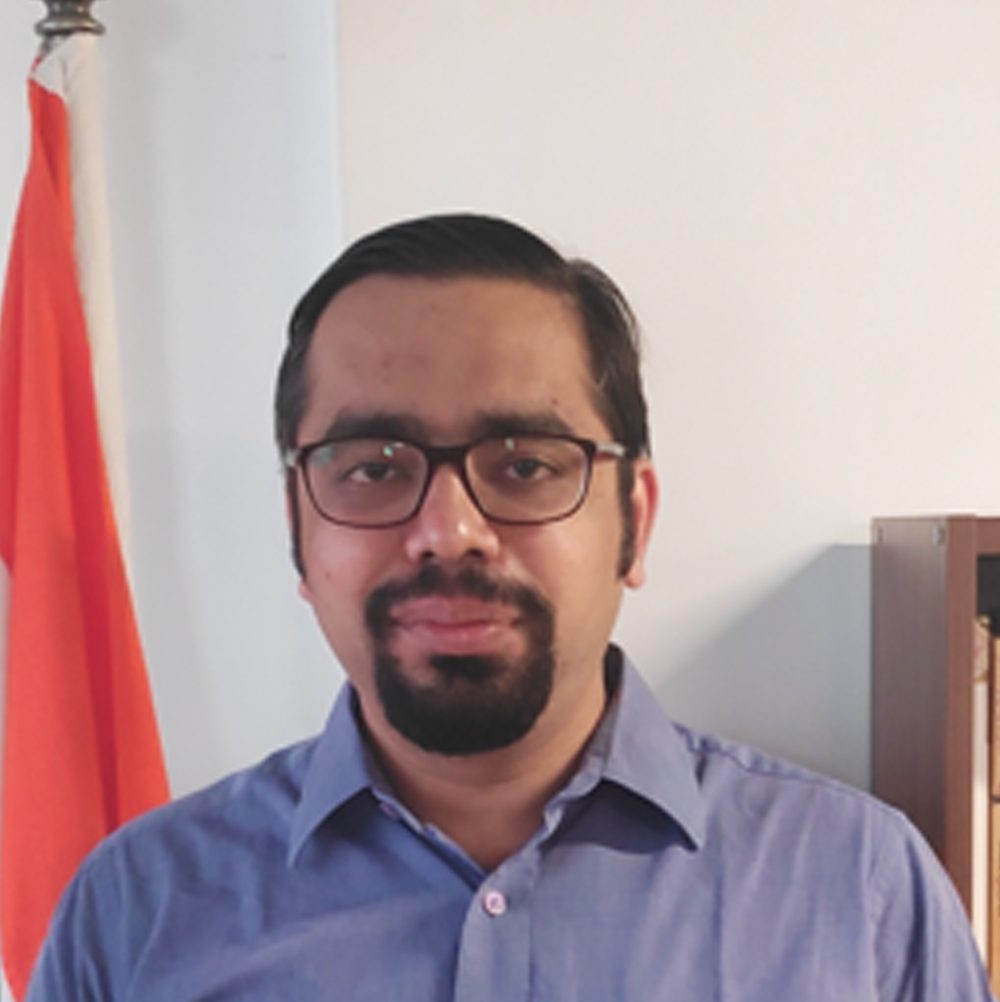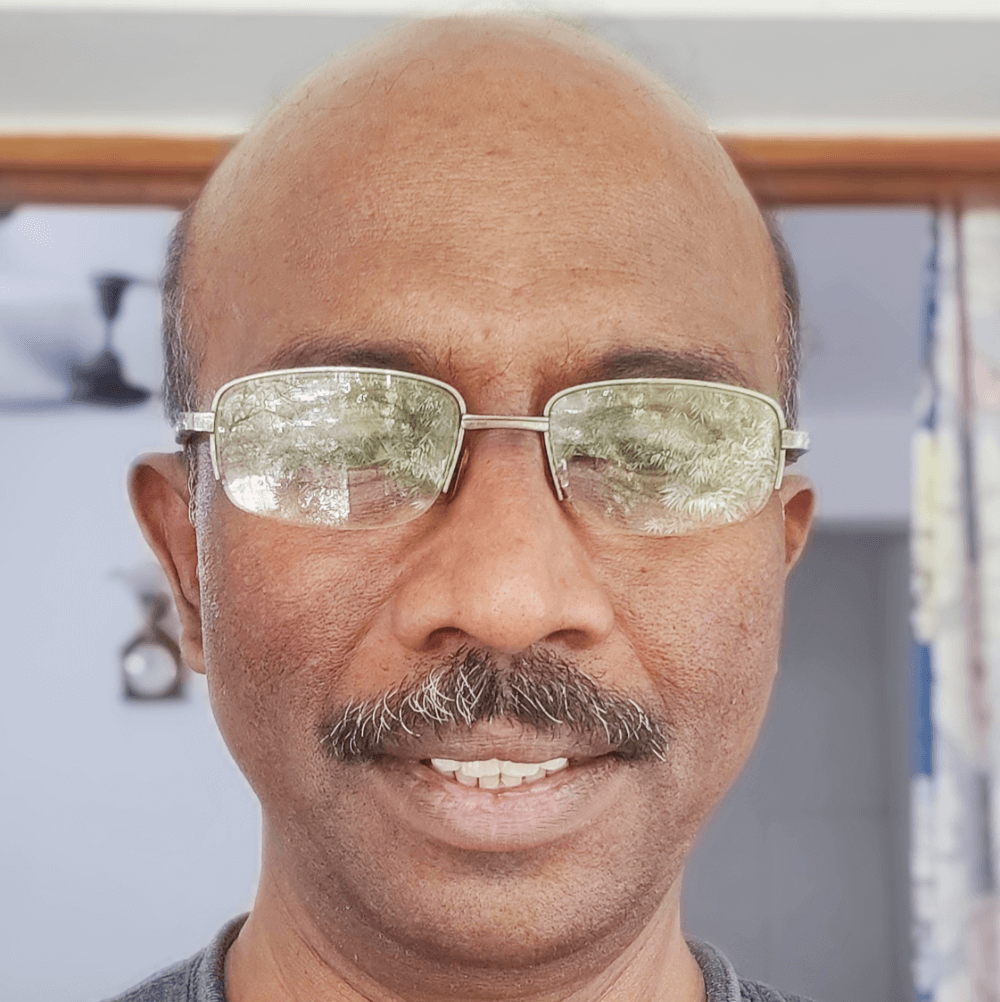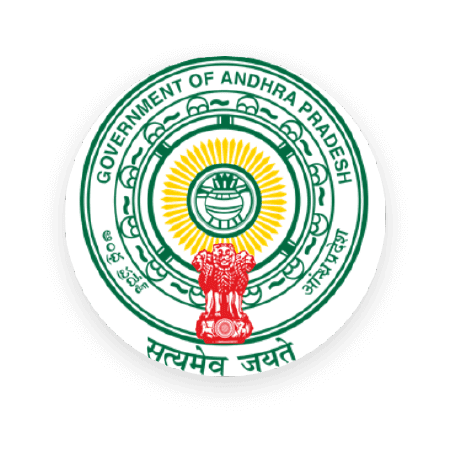The government of Odisha launched an important scheme called Mukhya Mantri Karma Tatpara Abhiyan or MUKTA in 2021, aimed at creating localised employment opportunities for the urban poor, by creating infrastructure/ assets through community participation. Good progress has been achieved as part of the scheme with numerous wage seekers finding work in their localities, especially migrant workers who were forced to return home due to the pandemic. Another important benefit is that all works are supervised by women self help groups called Mission Shakti Groups. (The state has been proactively empowering these groups to contribute to various development programs).
It is important to note that the role of the Mission Shakti Groups has evolved over time, it started as a volunteering activity, which does not interfere with their normal livelihood. Over time it has become a full fledged >30-40 hours work week with more frontline activities being added to their role but very little or no change in how and how much they will be paid. The delays in payments impact the livelihoods of the ASHAs and the last mile delivery. There have been multiple instances of ASHA workers going on strike to highlight the extent of delay in payments.
Challenges with the current process count in lack of digital information on last mile service delivery. Although multiple digitisation efforts have been made to digitise service delivery information there are very few efforts being made to digitize the information being collected at the last mile by the ASHAs. Unfortunately, these efforts existed in pilots and could not be scaled up across the country. Multiple reasons such as low adoption, low digital literacy of the ASHAs, lack of funds, lack of intention from the state to scale up and/or ineffective program management, amongst others accounted for it.
Flow of information is slow, sequential and limited and The problem of plenty : multiple systems and formats creating information silos and disaggregated information sets.
To solve these challenges, the Integrated Fiscal information exchange platform (iFIX) aims to provide real-time information on the financial health at the district or the state level in terms of expenditure, revenue as well as available funds. It aims to establish a connection between financial expenditure, physical progress and outcomes with the objective of identifying the returns obtained from public expenditure. The solution provides transparency and improves accountability while ensuring real-time access to the financial health of the government.
Mukta Soft aims to improve the overall scheme efficiency of Mukta by identifying & providing equal job opportunities to the urban poor, construct environment-friendly projects, develop local communities and slums & plan better for upcoming years. We at the eGov Foundation have been entrusted with a major responsibility – ensuring that the processes under the scheme are digitised to ease the administrative burden on the ULB staff and facilitate timely and accurate payments to beneficiaries, while validating the completion of the works.
